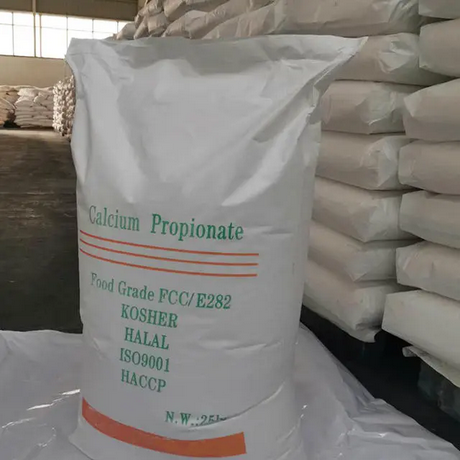Sodium cyclamate, whose chemical name is sodium cyclohexylaminosulfonate, is a common additive in food production, its sweetness is 30-40 times that of sucrose, often white crystals or white crystalline powder, and its characteristics are odorless, sweet, easily soluble in water, insoluble in ethano
Read More> 



